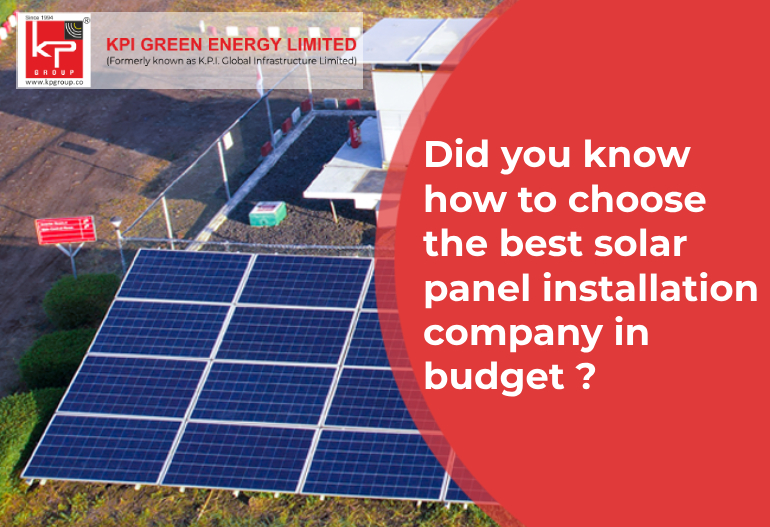
Navigating the Solar Technology Landscape: A Comprehensive Guide
In the rapidly advancing world of renewable energy, selecting the right solar technologies is crucial for optimizing efficiency and harnessing the full potential of solar power. This article serves as a comprehensive guide, offering insights into the considerations and factors involved in making informed choices.
Understanding Solar Photovoltaic (PV) Systems: The Foundation
At the core of solar technology is the photovoltaic (PV) system, responsible for converting sunlight into electricity. Understanding the different types of solar PV systems, such as monocrystalline, polycrystalline, and thin-film, is essential. Each has its advantages and considerations, influencing factors like efficiency, cost, and space requirements.
Efficiency Matters: Evaluating Solar Cell Efficiency
Solar cell efficiency is a critical factor when choosing solar technologies. High-efficiency solar cells convert more sunlight into electricity, making them desirable for installations with limited space. It’s important to weigh the efficiency against the cost to determine the most suitable option for specific energy needs.
Considering Space and Installation: Rooftop vs. Ground-Mounted Systems
The available space for solar installations plays a significant role in technology selection. Rooftop solar systems are space-efficient and ideal for residential applications, while ground-mounted systems are suitable for larger installations. Evaluating the available space and considering the installation type is vital for optimal solar energy generation.
Storage Solutions: The Role of Solar Batteries
Solar batteries are integral for storing excess energy generated during sunny periods for later use. Understanding the capabilities of different battery technologies, such as lithium-ion and lead-acid, is crucial. Choosing the right storage solution ensures a reliable power supply, especially during periods of low sunlight.
Grid-Tied vs. Off-Grid Systems: Tailoring to Energy Needs
Determining whether to opt for a grid-tied or off-grid solar system depends on energy needs and infrastructure availability. Grid-tied systems connect to the electrical grid, allowing for energy exchange, while off-grid systems operate independently. Assessing the advantages and limitations of each system type is essential for aligning with specific requirements.
Incentives and Financial Considerations: Maximizing Returns
Exploring available incentives, rebates, and financial considerations is an integral part of choosing solar technologies. Governments and utilities often offer incentives to promote solar adoption. Calculating the return on investment (ROI) and factoring in long-term savings help maximize the financial benefits of solar technology investments.
Monitoring and Maintenance: Ensuring Long-Term Performance
Solar technology choices should also consider monitoring and maintenance requirements. Implementing a robust monitoring system enables real-time performance tracking, helping identify and address issues promptly. Understanding the maintenance needs of selected technologies ensures long-term reliability and efficiency.
Environmental Impact: Embracing Sustainable Solutions
Beyond immediate benefits, considering the environmental impact of solar technologies is crucial. Opting for technologies with lower embodied energy and a smaller carbon footprint contributes to a more sustainable energy transition. Prioritizing eco-friendly solutions aligns with broader environmental goals.
Emerging Innovations: Staying Updated on Technological Advances
The solar technology landscape is dynamic, with constant innovations and improvements. Staying updated on emerging technologies, such as bifacial solar panels or solar skin technology, allows for informed decisions. Embracing advancements ensures that solar installations remain at the forefront of efficiency and sustainability.
Empowering Decision-Making: Visit How to Choose Solar Technologies
For a more in-depth exploration of considerations and insights into choosing solar technologies, visit How to Choose Solar Technologies. This resource offers a wealth of information to empower individuals and businesses in making informed decisions for their solar energy endeavors. Navigating the solar technology landscape is a transformative journey towards a sustainable and energy-efficient future.



